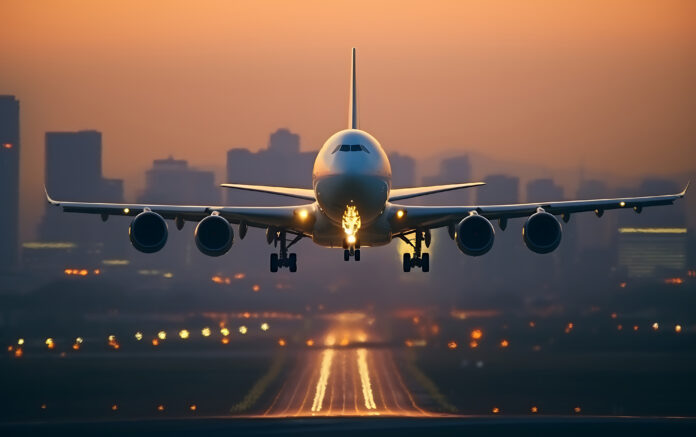The airline industry thrives on interconnectedness, facilitating the movement of people and goods across borders. However, this very reliance on global mobility makes it particularly vulnerable to the disruptive forces of geopolitical tensions. Events like the ongoing war in Ukraine serve as stark reminders of how such conflicts can significantly impact the performance of airlines and alliances like oneworld.
One of the most immediate consequences of geopolitical unrest is the disruption of travel patterns. Passengers understandably avoid conflict zones, leading to a sharp decline in demand for flights operating in those regions. This was evident in the aftermath of the Ukraine war, where airlines witnessed a significant drop in bookings on routes to and from Eastern Europe. Additionally, airspace restrictions imposed by warring nations or concerned governments further limit flight paths, forcing airlines to reroute or cancel flights altogether.
Beyond the immediate impact on passenger numbers, geopolitical tensions can also have a cascading effect on airline finances. Increased operational costs arise due to the need for rerouting flights, implementing heightened security measures, and potentially acquiring additional insurance coverage. The war in Ukraine, for instance, led to a surge in fuel prices, further squeezing airline profit margins already strained by the pandemic.
The impact on alliances like oneworld becomes particularly complex in these scenarios. Member airlines within the alliance operate in diverse geographical regions, making them susceptible to the varying effects of geopolitical tensions. For example, while a conflict in the Middle East might primarily impact airlines with significant operations in that region, its ripple effects could still be felt by other members through factors like rising fuel costs or disruptions to global supply chains.
Furthermore, the global nature of alliances like oneworld necessitates navigating the political complexities that arise during times of tension. Member airlines may face pressure from their respective governments to comply with sanctions or travel restrictions imposed on specific countries. This can create logistical challenges and potentially strain relations within the alliance.
It’s important to recognize that the consequences of geopolitical tensions extend beyond the immediate financial losses. The reputational damage caused by flight cancellations, disruptions, and potential safety concerns can have long-term implications for airlines and alliances. Rebuilding trust and confidence among passengers takes time and effort, especially in the highly competitive aviation industry.
In conclusion, geopolitical tensions pose a significant threat to the smooth operation and financial stability of airlines and alliances like oneworld. From the immediate disruption of travel patterns to the long-term reputational damage, the consequences of such conflicts are multifaceted and far-reaching. As the world navigates an increasingly volatile geopolitical landscape, airlines and alliances must adapt their strategies, diversify their operations, and remain agile to weather the storms of international discord.
-Priyal Singh



